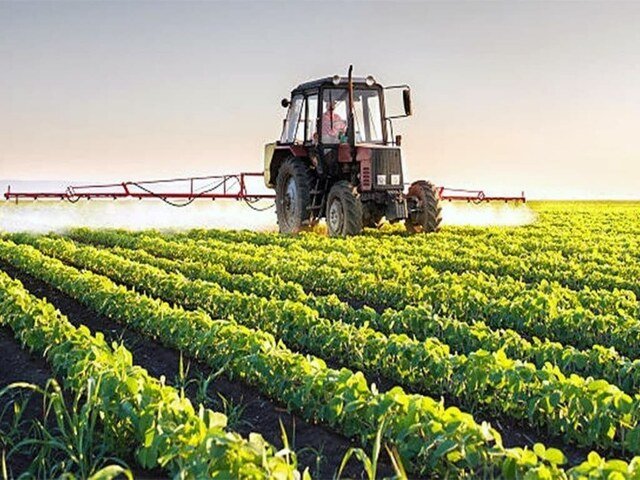The Pakistan Bureau of Statistics (PBS) has officially launched field operations for the country’s 7th Digital Agricultural Census, marking a significant step toward modernizing agricultural data collection and policymaking. The initiative, which began on January 1, 2025, will run until February 10, 2025, and aims to provide critical insights into resource management, crop patterns, and food security.
Planning Minister Ahsan Iqbal inaugurated the census in Islamabad by distributing enumerators to ensure efficient data collection. Similar launch events were held across the country, including in Lahore, Karachi, Peshawar, and Muzaffarabad, with provincial leaders spearheading the operations in their respective regions.
Punjab: Finance Minister Mujtaba Shujaur Rehman inaugurated the census in Lahore.
Sindh: Planning Minister Syed Nasir Hussain Shah and Livestock Minister Muhammad Ali Malkani launched operations in Karachi.
Khyber Pakhtunkhwa: Agriculture Minister Sajjad Barakwal initiated the census in Peshawar.
Azad Jammu and Kashmir (AJK): Agriculture Minister Sardar Mir Akbar inaugurated operations in Muzaffarabad.
The 7th Digital Agricultural Census leverages advanced Geographic Information System (GIS) technology and digital tools for real-time monitoring and data collection. A total of 7,686 trained enumerators and supervisors have been deployed nationwide to ensure accurate and efficient data gathering.
The findings of the census, expected to be released by August 2025, will play a crucial role in shaping modern agricultural policies. These policies will address key challenges such as food security, resource management, and crop productivity. The data will also support farmers by encouraging sustainable practices and boosting agricultural output.
The initiative has garnered participation from federal and provincial governments, academia, and private-sector experts, reflecting a collaborative effort to strengthen Pakistan’s agricultural sector.
By utilizing digital tools and real-time monitoring, the census is expected to provide a comprehensive picture of Pakistan’s agricultural landscape. This will enable policymakers to address long-term challenges, including food security, and develop strategies to enhance productivity and resource efficiency.










